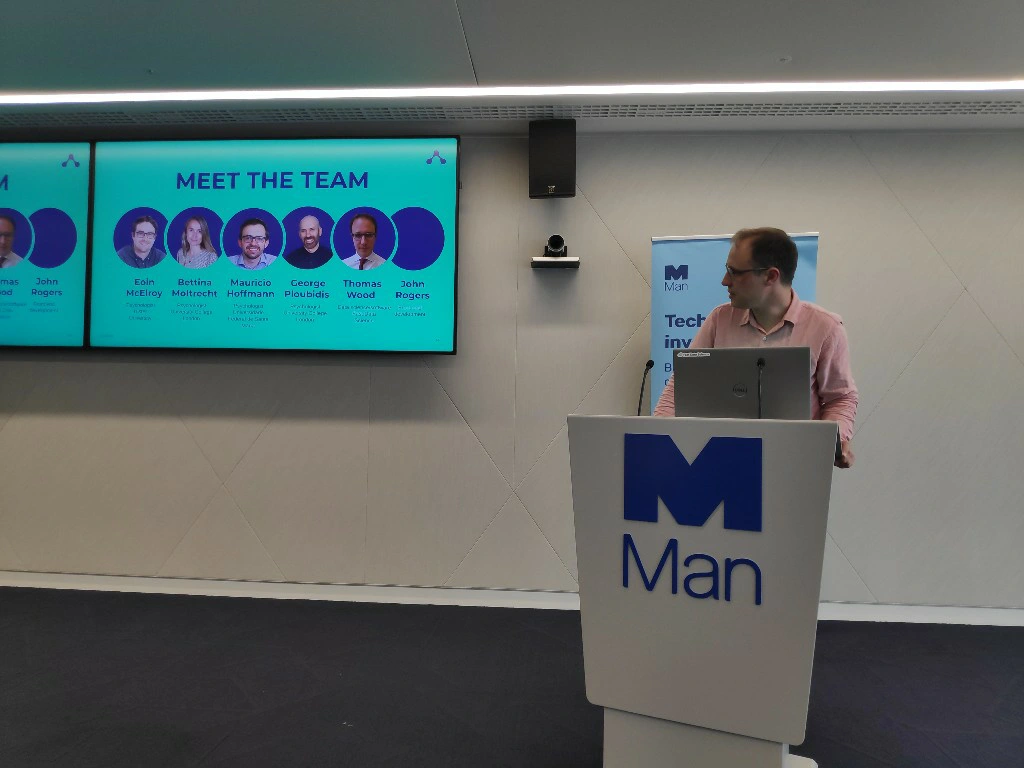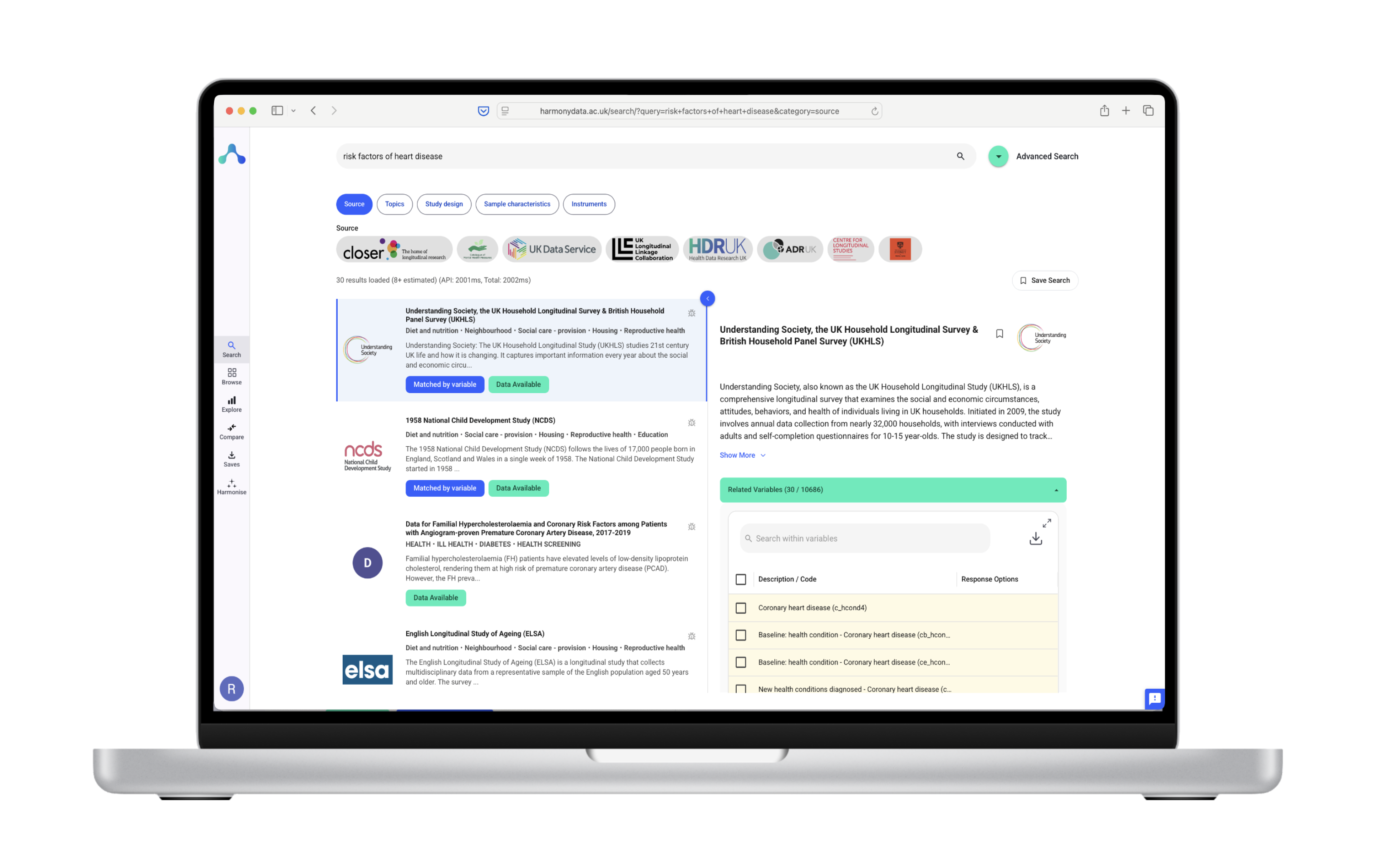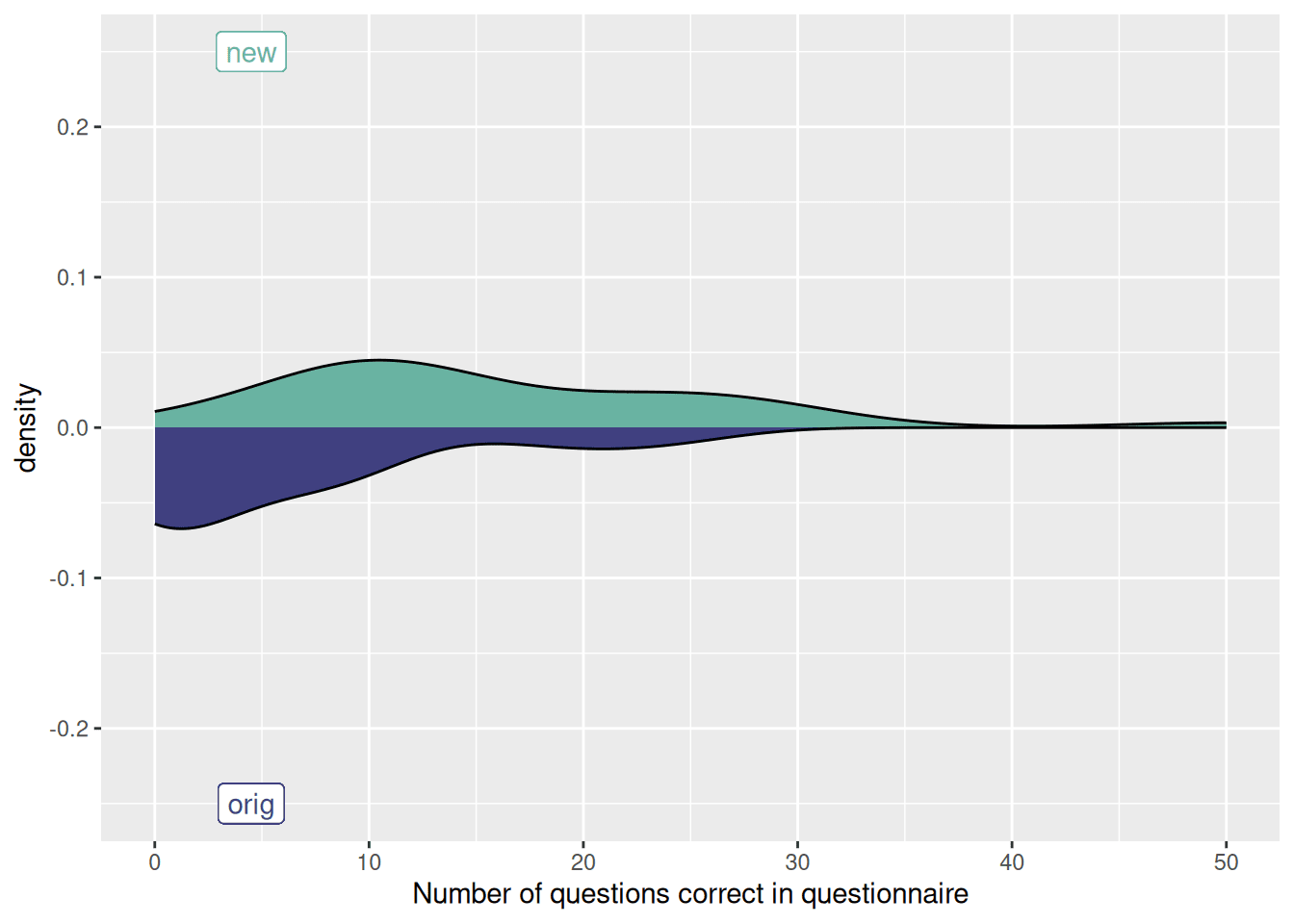
Update: you can download the slides from the presentation here
Topic: NLP and generative models for psychology research
Thomas Wood will present our work on Harmony, harmonydata.ac.uk, which is a free online tool that uses generative AI and LLMs to help psychologists analyse datasets. It uses Python, Pandas and HuggingFace Sentence Transformers to find similarities between questionnaires.
Psychologists and social scientists often have to match items in different questionnaires, such as “I often feel anxious” and “Feeling nervous, anxious or afraid”.
This is called harmonisation.
Harmonisation is a time consuming and subjective process.
Going through long PDFs of questionnaires and putting the questions into Excel is no fun.
We’ve been working on an open source Python library and free web tool called Harmony which uses natural language processing and generative AI models to help researchers harmonise questionnaire items, even in different languages.
📅 Date: 2 July 2024
🕘 Time: 7pm
🏢 Where: EC4R 3AD

